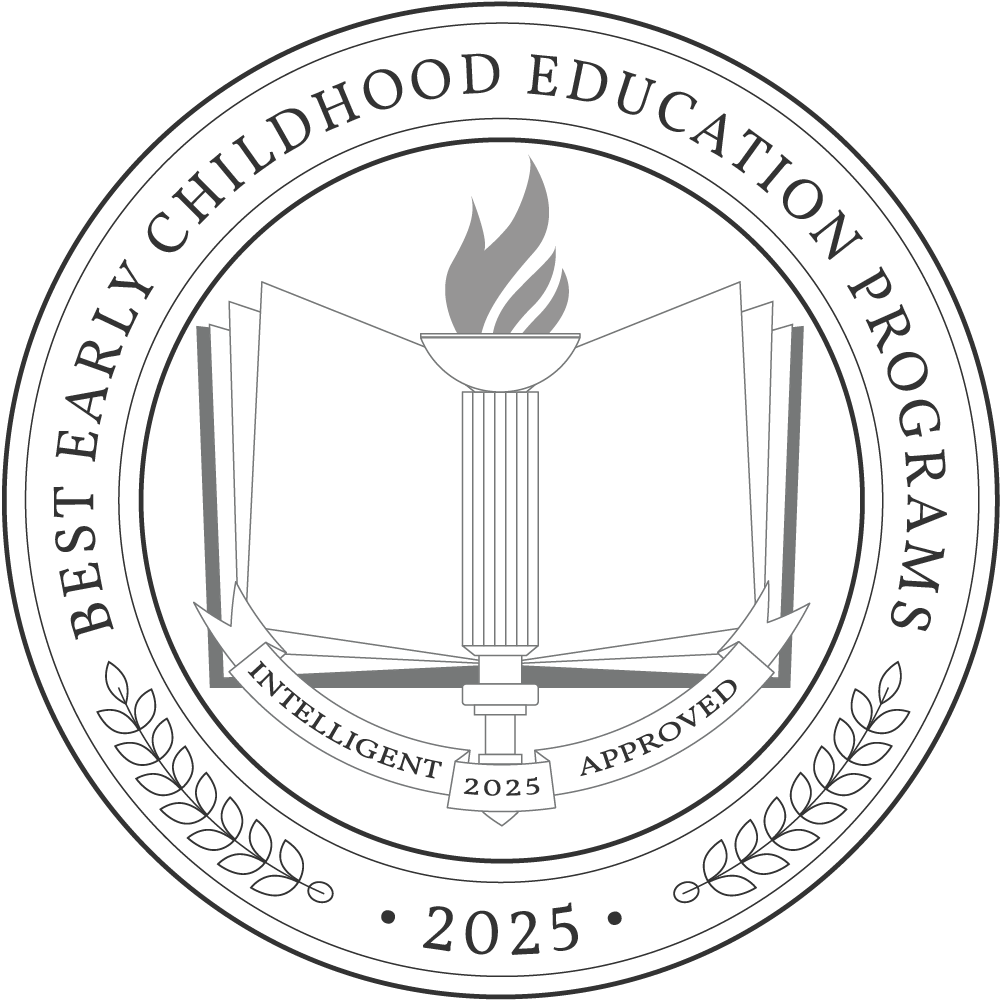Early childhood education (ECE) professionals guide young children through pivotal educational milestones, preparing them for a lifetime of learning. They collaborate with colleagues to design and implement an effective curriculum that addresses their students’ mental, emotional, and physical needs.
Careers in early childhood education are ideal for creative people who enjoy working with young children. In 2023, preschool teachers with ECE degrees earned a median wage of $37,130, preschool and childcare center directors earned $54,290, and occupational therapists with a postgraduate degree in early childhood education earned $96,370.
To join this fulfilling and in-demand career track, you must earn a degree in early childhood education. An associate degree in early childhood education costs $3,885 per year, while a bachelor’s degree costs $17,709. A postgraduate master’s degree in early childhood education averaged $20,513 annually.
Why Trust Us
The Intelligent.com Higher Education Team is dedicated to providing students with independent, equitable school and program rankings and well-researched resources. Our expert-driven articles cover topics related to online colleges and programs, paying for school, and career outlooks. We use data from the U.S. Department of Education’s College Scorecard, the National Center for Education Statistics, and other reputable educational and professional organizations. Our academic advisory team reviews content and verifies accuracy throughout the year for the most current information. Partnerships do not influence rankings or editorial decisions.
- Analyzed over 2,000 national, accredited, and nonprofit colleges and universities
- 800+ rankings pages are reviewed and updated yearly
- Content is informed by reputable sources, surveys, and interviews with academic advisors and other experts
- Over 100 data points are reviewed for accuracy and quality throughout the year, including sources
How we rank schools
Our list features the best Early Childhood degree programs at top colleges nationwide. Each school featured is a nonprofit, accredited institution — either public or private — with a high standard of academic quality for post-secondary institutions.
We evaluated each school’s program on tuition costs, admission, retention and graduation rates, faculty, reputation, and the student resources provided for online students. We collected data from trusted sources like the National Center for Education Statistics, individual school and program websites, school admissions counselors, and other data sources. Then, we calculated the Intelligent Score on a scale of 0 to 100 based on the following criterion:
Academic Quality:
- Admission rate versus enrollment rate
- Retention rate of students who return after year one
- Accreditation status (regional and programmatic)
- Nonprofit status, both private and public institutions
Graduation Rate
- Overall graduation rate
- Total number of currently enrolled students, including diversity metrics
- Student-to-faculty ratio
Cost and ROI
- In-state and out-of-state per-credit tuition rates and fees
- Required credits to graduate
- Earning potential after graduation
- Availability of federal student loans, scholarships, and other financial aid options
Student Resources
- Available student services for online-only and hybrid programs
- On-campus amenities like tutoring centers and the number of libraries
Read more about our ranking methodology.
Best 50 Accredited Early Childhood Education Degree Programs
FiltersInstitution Type
Status
- Intelligent Score
- Alphabetically By University Name
- Acceptance Rate
- Enrollment
- In-state Graduate Tuition
- Out-of-state Graduate Tuition
- In-state Undergraduate Tuition
- Out-of-state Undergraduate Tuition

Indiana University Bloomington
Intelligent Score: 99.73In-state: $9,815
Out-of-state: $36,194
In-state: $9,786
Out-of-state: $9,786
SAT: 1120-1350
ACT: 24-31
Resident: $332
Non-Resident: $1,261
On-Campus, Online
Council for the Accreditation of Educator Preparation
120- 128

Purdue University
Intelligent Score: 99.22In-state: $9,208
Out-of-state: $28,010
In-state: $9,208
Out-of-state: $9,208
SAT: 1170-1420
ACT: 25-33
$348
On-Campus
Higher Learning Commission
120

The College of New Jersey
Intelligent Score: 99.08In-state: $13,239
Out-of-state: $25,217
In-state: $14,554
Out-of-state: $14,554
SAT: 1140-1320
ACT: 24-30
In-State: $521
Out-of-State: $991
On-Campus
Association for Advancing Quality in Educator Preparation
128

University of Delaware
Intelligent Score: 98.87In-state: $12,730
Out-of-state: $34,160
In-state: $34,164
Out-of-state: $34,164
SAT: 1150-1330
ACT: 25-30
Resident: $585
Non-Resident: $1,570
On-Campus
National Association for the Education of Young Children
120
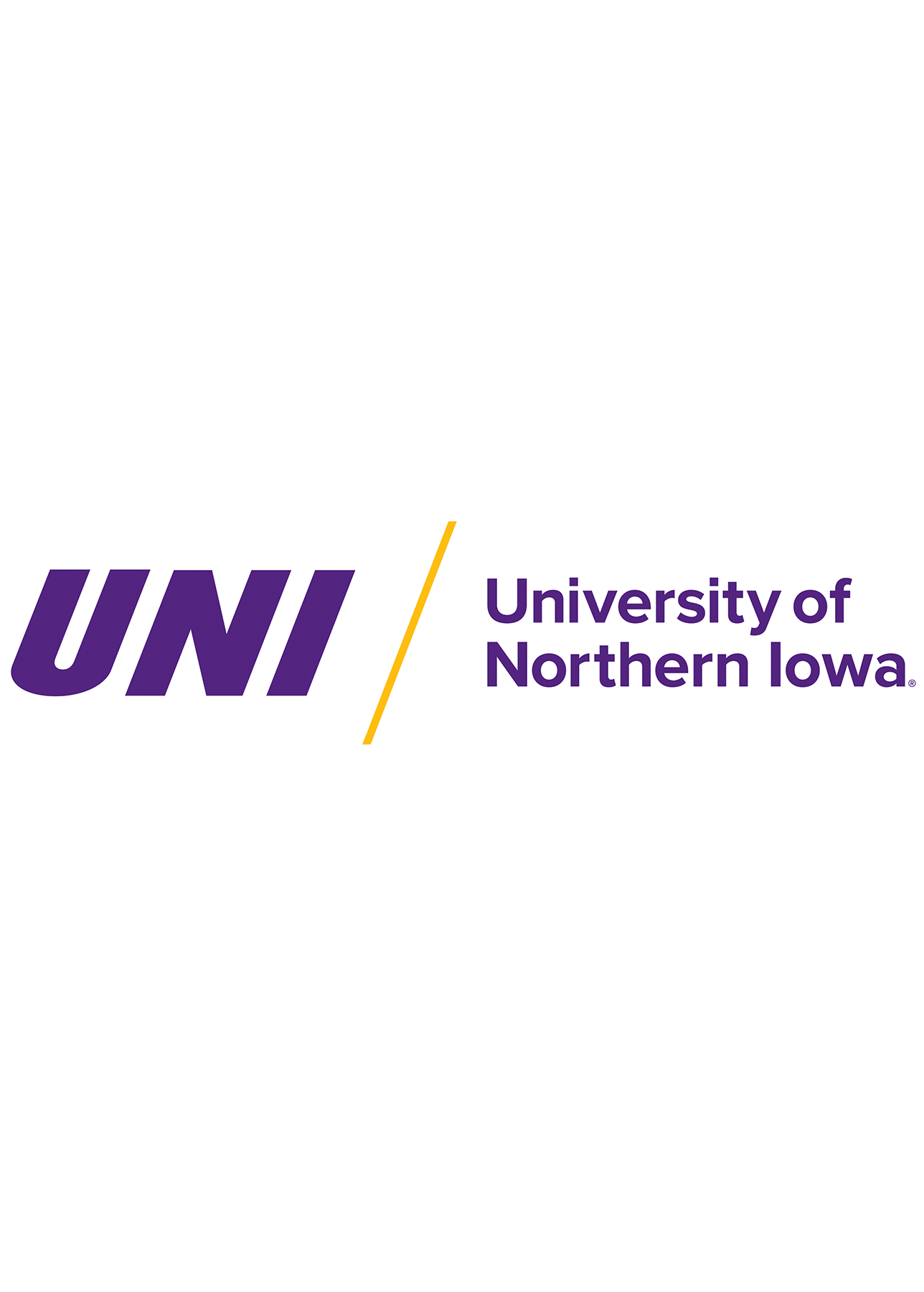
University of Northern Iowa
Intelligent Score: 98.74In-state: $7,665
Out-of-state: $19,949
In-state: $9,159
Out-of-state: $9,159
SAT: 1030-1230
ACT: 20-26
Resident: $350
Non-Resident: $832
On-Campus, Online
Council on Accreditation of Parks, Recreation, Tourism and Related Professions
120

University of Arizona
Intelligent Score: 98.65In-state: $10,990
Out-of-state: $33,273
In-state: $11,938
Out-of-state: $11,938
SAT: 1090-1350
ACT: 21-29
Resident: $507
Non-Resident: $1,689
On-Campus
Western Association of Schools and Colleges Senior College and University Commission
122

University of Illinois Urbana-Champaign
Intelligent Score: 98.02In-state: $14,317
Out-of-state: $33,824
In-state: $15,016
Out-of-state: $15,016
SAT: 1200-1460
ACT: 27-33
Resident: $530
Non-Resident: $1,326
On-Campus, Online
National Association for the Education of Young Children
120

Western Washington University
Intelligent Score: 97.59In-state: $7,377
Out-of-state: $24,135
In-state: $11,061
Out-of-state: $11,061
SAT: 1080-1270
ACT: 22-28
Resident: $250 - $275
Non-Resident: $887 - $912
On-Campus
National Association for the Education of Young Children
180
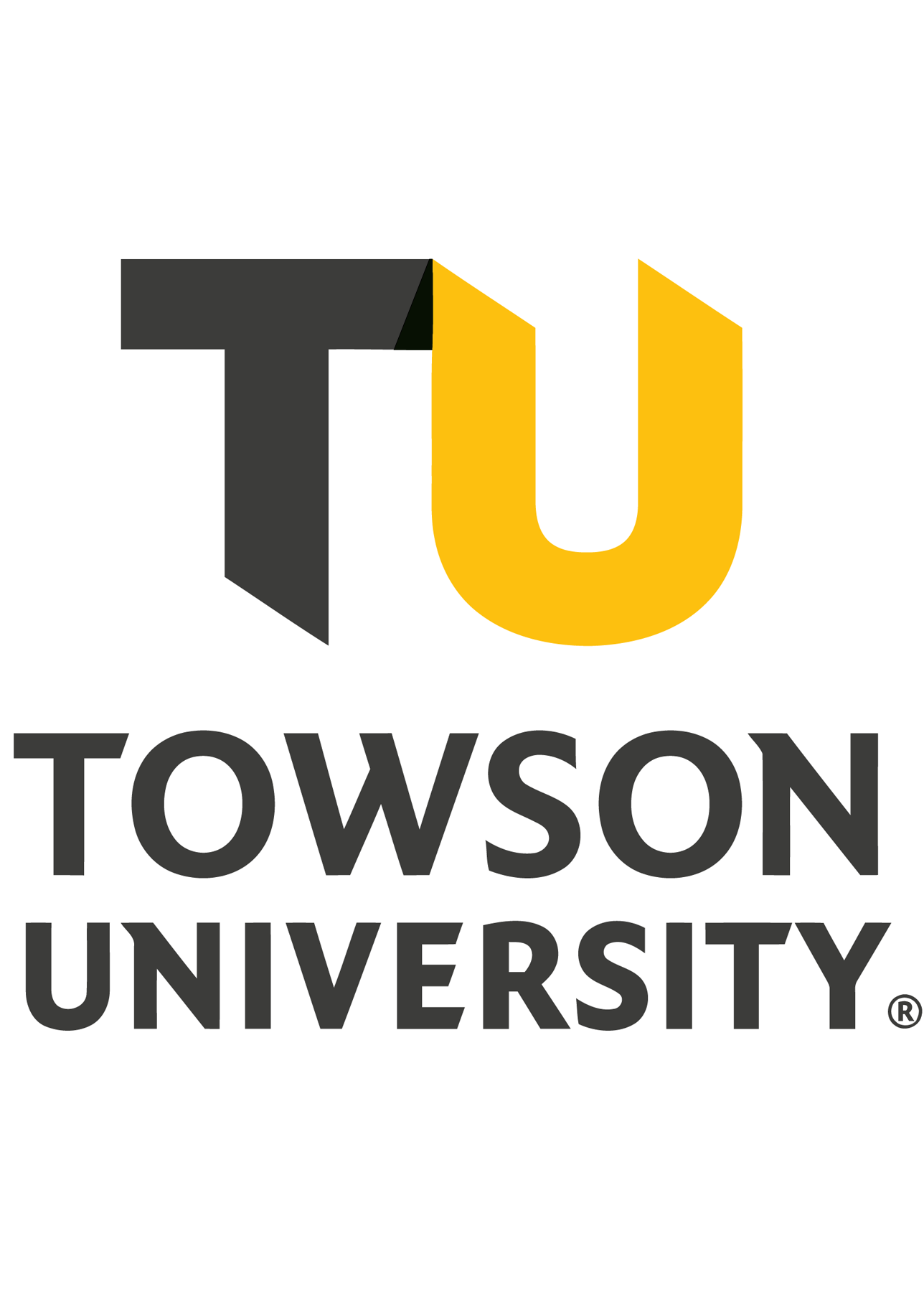
Towson University
Intelligent Score: 97.43In-state: $6,962
Out-of-state: $21,098
In-state: $7,902
Out-of-state: $7,902
SAT: 1040-1200
ACT: 20-25
Resident: $322
Non-Resident: $1,077
On-Campus
Council for the Accreditation of Educator Preparation
125

NYU Steinhardt
Intelligent Score: 97.28In-state: $52,204
Out-of-state: $52,204
In-state: $34,704
Out-of-state: $34,704
SAT: 1370-1540
ACT: 31-34
$1,844
On-Campus
Middle States Commission on Higher Education
128- 134

University of Maryland
Intelligent Score: 97.27In-state: $8,824
Out-of-state: $34,936
In-state: $13,158
Out-of-state: $13,158
SAT: 1270-1480
ACT: 30-34
Resident: $412
Non-Resident: $1,613
On-Campus
Middle States Commission on Higher Education
121

Arizona State University
Intelligent Score: 96.35In-state: $10,710
Out-of-state: $28,800
In-state: $11,720
Out-of-state: $11,720
SAT: 1100-1320
ACT: 21-28
$808
On-Campus
Higher Learning Commission
120

Salisbury University
Intelligent Score: 96.19In-state: $7,264
Out-of-state: $17,330
In-state: $8,769
Out-of-state: $8,769
SAT: N/A
ACT: N/A
Resident: $321
Non-Resident: $782
On-Campus
National Association for the Education of Young Children
124- 131

Frostburg State University
Intelligent Score: 94.73In-state: $6,700
Out-of-state: $20,800
In-state: $7,866
Out-of-state: $7,866
SAT: 910-1130
ACT: 17-23
In-State: $298 - $462
Out-of-State: $612
On-Campus
National Association for the Education of Young Children
129

University of Washington
Intelligent Score: 93.16In-state: $10,629
Out-of-state: $37,998
In-state: $16,278
Out-of-state: $16,278
SAT: 1200-1453
ACT: 27-33
In-State: $455
Out-of-State: $1,435
On-Campus
Northwest Commission on Colleges and Universities
180
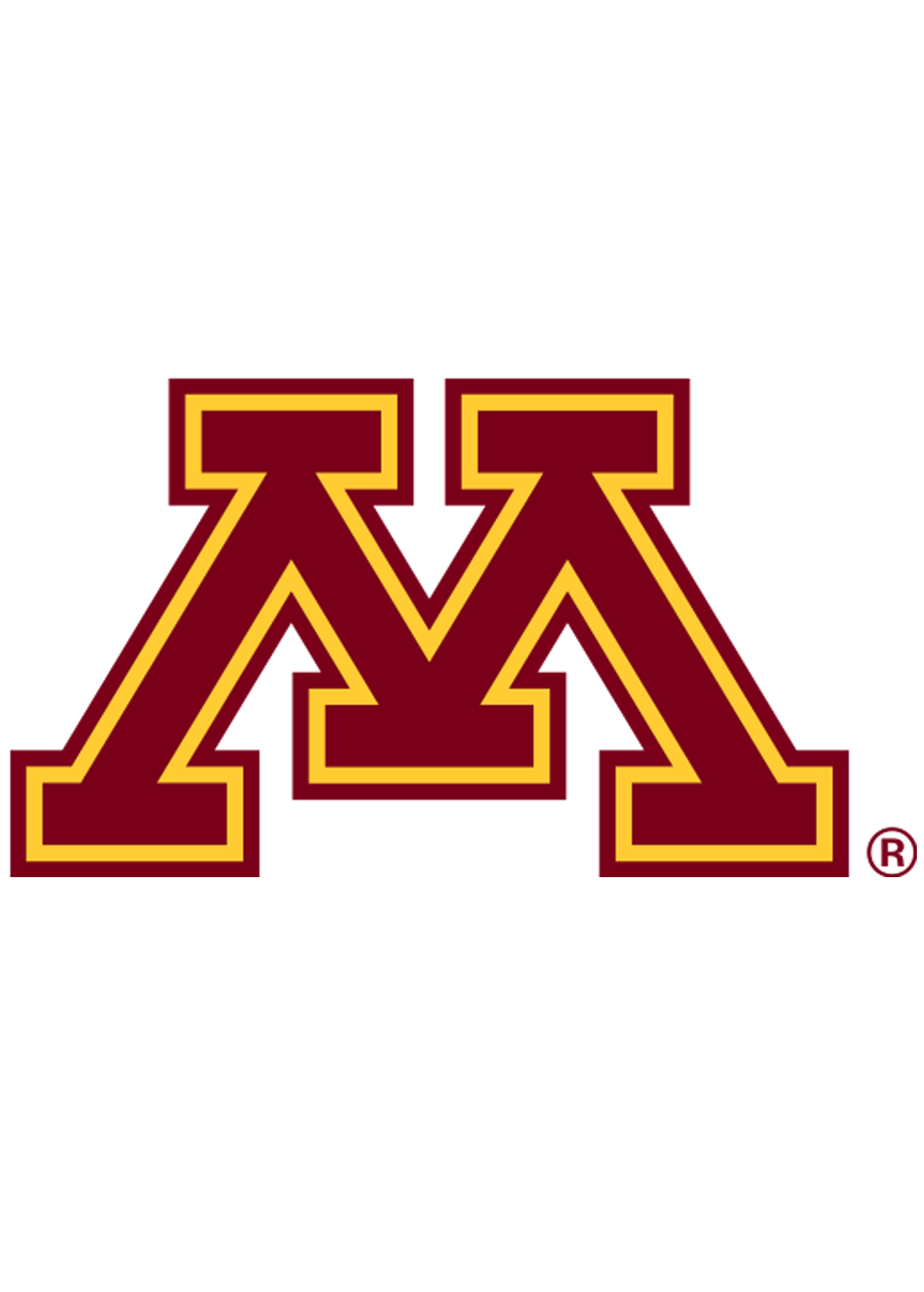
University of Minnesota Twin Cities
Intelligent Score: 92.8In-state: $13,318
Out-of-state: $31,616
In-state: $17,580
Out-of-state: $17,580
SAT: 1240-1460
ACT: 25-31
Resident: $557
Non-Resident: $1,323
On-Campus
Higher Learning Commission
120
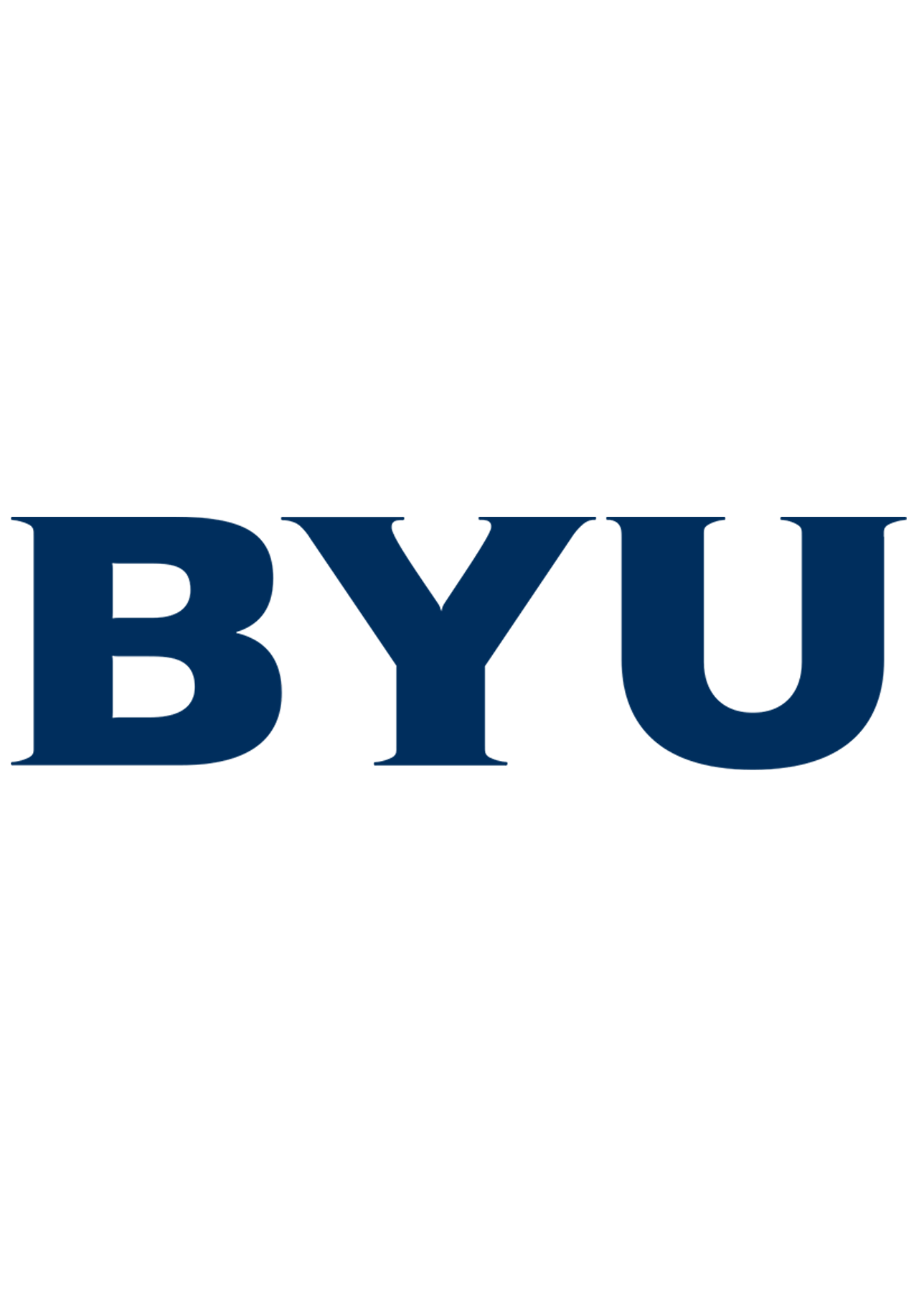
Brigham Young University
Intelligent Score: 92.02In-state: $5,970
Out-of-state: $5,970
In-state: $7,510
Out-of-state: $7,510
SAT: 1200-1410
ACT: 26-32
Resident: $342
Non-Resident: $684
On-Campus
Northwest Commission on Colleges and Universities
120

The University of Toledo
Intelligent Score: 90.47In-state: $8,736
Out-of-state: $18,096
In-state: $14,398
Out-of-state: $14,398
SAT: 985-1210
ACT: 20-26
Resident: $428
Non-Resident: $818
On-Campus
Council for the Accreditation of Educator Preparation
127
How to Choose an Early Childhood Education Degree Program
Choose your area of study
The early childhood education degree program that you choose depends on your desired specialization and career goals.
Degrees from colleges of arts, such as Associate of Arts (AA), Bachelor of Arts (BA), or Master of Arts (MA) in early childhood education, include coursework based in the social sciences and humanities.
You can also earn an Associate of Science (AS), a Bachelor of Science (BS), or a Master of Science (MS) in early childhood education. These programs focus more on science-based coursework and data analysis based on observations and assessments.
For a more concentrated educational degree, choose a Bachelor of Education (BEd) or a Master of Education (MEd) in early childhood education. You’ll find these programs through colleges or departments of education, and coursework includes more educational research and time in the classroom. Some postgraduate early childhood education programs allow students to earn teaching credentials concurrently with their master’s degrees.
Look for a program that focuses on your specific area of study. Many offer general education classes alongside specialized courses in special education, child development, ECE administration, and other aspects of early childhood education.
Research schools and programs
Ensure that your school and early childhood education program are accredited by institutional and programmatic agencies approved by the Department of Education. Institutional agencies, such as the Higher Learning Commission (HLC), ensure that schools meet academic and fairness objectives for admissions, coursework, and student life. Programmatic agencies, such as the Council for the Accreditation of Educator Preparation (CAEP), assess individual education programs for their adherence to academic professional standards.
Prepare for tests and applications
Undergraduate programs for early childhood education typically require students to take entrance tests, such as the SAT and ACT, as part of the application process. Students applying to a master’s program may also need to take the Graduate Record Examination (GRE) and state-specific entrance tests.
In addition to entrance tests, prepare a letter of intent or personal statement that describes your teaching philosophy. Collect letters of recommendation from previous teachers or colleagues, and obtain sealed transcripts from previous schools showing completion of your program’s prerequisites. If you’re applying to a master’s program, you may need to provide evidence of classroom observation hours and a written statement of your teaching experience and philosophy. Prepare for an interview with the program’s application committee as well.
Select your program
The best early childhood education degree program is one that fits your needs. Once you’ve researched the program or programs you’d like to enter, take a virtual or in-person campus tour. If you have housing or scheduling requirements, inquire with a program representative or the school’s admissions office. Talk to graduates from your desired program, and if possible, ask to observe them in their current classrooms.
Determine how you’ll pay for your degree
Find out how much financial aid you can receive with the Free Application for Federal Student Aid (FAFSA). Once you’ve applied, you can choose how much aid to accept and determine how much more assistance you’ll need. Ask your school’s financial aid office about scholarships, grants, and loan forgiveness programs available to teachers in specific areas.
What Can You Expect From an Early Childhood Education Degree Program?
An early childhood education degree program blends educational theory with practical application. You’ll spend the first part of the program in lectures and discussion groups, then transition to more in-person work with children in infant centers or preschools, including teacher assistance, curriculum design, and classroom takeovers. Your school may even have a special center designed for students in education programs to observe and interact with young children.
Potential courses you’ll take in an early childhood education degree program
- Early Childhood Education Foundations. An ECE foundations course introduces early childhood education by guiding students through the stages of child development and teaching them to observe and assess young children based on the expected milestones of their age.
- Children’s Literature. Students explore classic and modern forms of children’s literature, including content and theme, and discuss how to integrate different types of literature in a class setting. A final project may require students to create their own children’s book in the style of a selected author or form.
- Special Education. A special education course focuses on the needs of children who don’t hit developmental milestones at the same rate as their typically developing peers. Students in this course learn about developmental delays and learning disabilities and how to address the needs of all children in large class settings and one-on-one interactions.
- Observation and Assessment. Equipped with the foundations of early childhood education and child development theory, students discover the best practices of observing and assessing groups and individual students. They perform in-person observations, craft formative and summative assessments, and evaluate the effectiveness of their evaluation to create a nurturing, supportive learning environment.
Early Childhood Education Degree Frequently Asked Questions
How do I apply to an early childhood education degree program?
Check your school’s website for the most up-to-date information on applying to their early childhood education degree program. You’ll find deadlines, application requirements, minimum test scores, and a sample of the coursework they offer in the program. For more information, contact the institution’s admissions office.
How much does an early childhood education degree cost?
The average annual cost of an associate degree program in early childhood education is $3,885. Bachelor’s degree programs in early childhood education cost an average of $17,709 per year, and master’s degree programs in early childhood education cost an average of $20,513 per year. The total amount increases with the addition of room and board, educational materials, and cost of living in your school’s city.
How long does it take to earn an early childhood education degree?
An associate degree in early childhood education requires 60 credit hours and two years, while a bachelor’s degree takes 120 credit hours over four years. A master’s degree in childhood education can take between one and two years and 30 to 60 credit hours, depending on whether the program offers students the opportunity to earn a teaching credential alongside their master’s degree.
